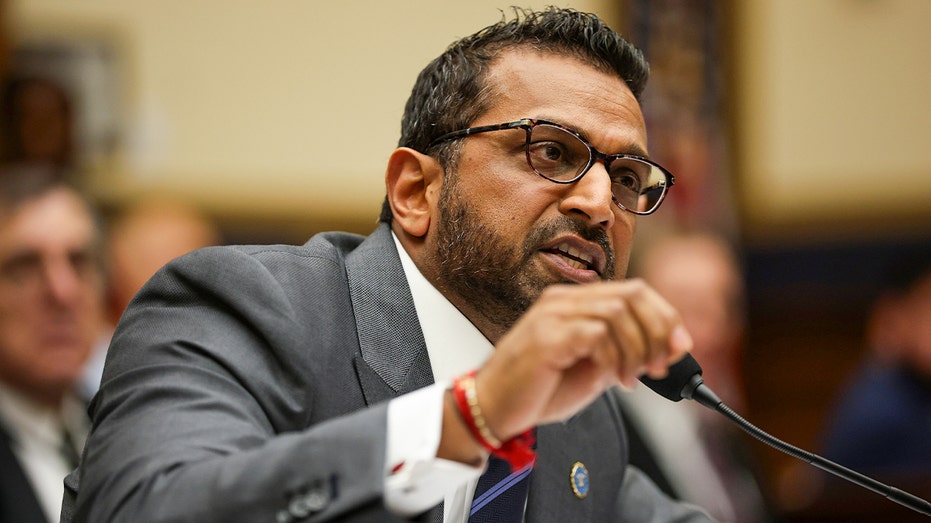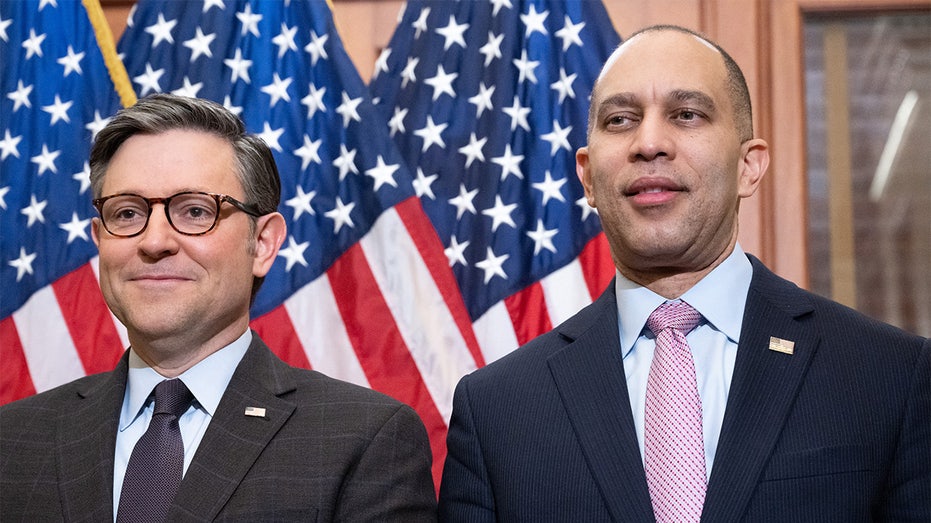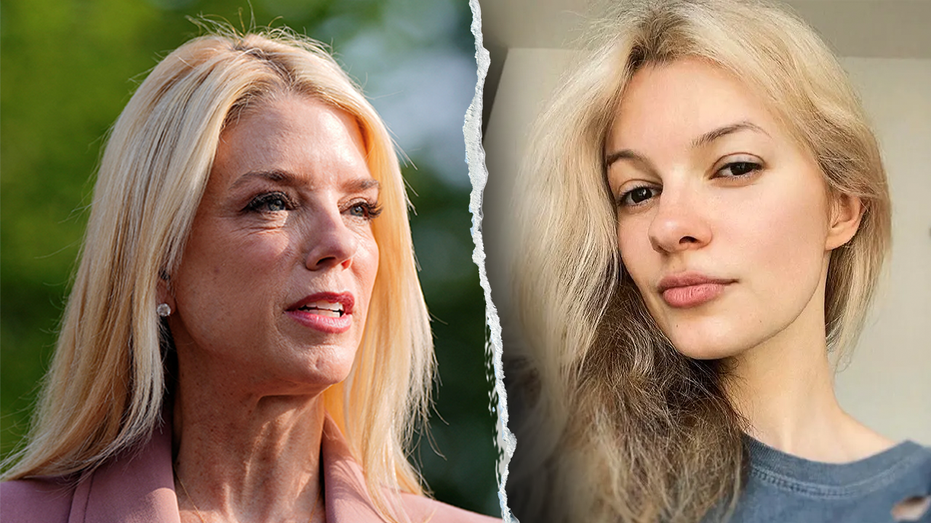

As major universities continue to embrace a corporate bureaucratic model, the idea of a “liberal arts education” has been hollowed out.
Not only have standards of academic excellence slumped, increasingly favoring mediocrity, but coursework has become results-oriented, focusing more on conferring marketable credentials rather than on fostering deep learning.
The way I lived my friendships was permeated by a drive to consume. I treated my friends like tools I could use to stave off boredom and loneliness.
Instead of encouraging open inquiry, teachers present material within narrow ideological agendas that more often than not flatter their charges’ pre-existing assumptions. All of this in the name of keeping “customers” satisfied.
Restless hearts
Countless screeds have been written from voices on both the left and right, from both religious and secular perspectives, bemoaning how inadequately such an education prepares students to participate in civic life.
While this is true, in my time attending and working within universities, I’ve come to observe the more immediate consequences of treating students as interchangeable consumers. Depression, anomie, and loneliness have metastasized in schools that fail to offer space in their curricula for the fundamental, existential questions about truth, virtue, and love.
And yet, I continue to find examples of hope — starting with my own experience as an undergraduate student. Thus why I try to make it a point when working with undergrads — especially those making the transition from high school to college — to directly face questions about loneliness, sadness, and meaning, at times even risking sharing my own discoveries.
Department of dopamine
I remember asking myself as a student why I often felt so lonely, even when surrounded by groups of people, whether physically or digitally. I found that even when hanging out with people who care about me, when we’re having a good time enjoying each other’s company, that loneliness crept in. Even when I received those little dopamine-inducing digital indications of approval and affirmation called likes on social media, I still felt the need for more.
I attempted desperately to acquire more and more friends with whom I could fill my time. I was keenly aware of my need to be liked, to know I mattered, and to know that what I did had meaning. Finding myself bored with classwork and scrolling through Facebook aimlessly, I waited for someone to text me so that I could find something more stimulating to do. Every time I thought I heard my phone buzz, my heart leaped.
Higher education
I spent much of my freshman year pursuing such highs, hoping each one would be more intense than the last. We watched movies together, went to concerts and nightclubs, and tried all different kinds of cuisines.
And yet, even in the midst of my enjoyment, I’d feel dread creeping in: the knowledge that this moment, like all the others, would soon come to an end. My mood would crash as I remembered the abyss of “life as usual”: boring homework, tedious chores, and worse — the loneliness that always seemed to accompany being alone.
The way I lived my friendships was permeated by a drive to consume. I treated my friends like tools I could use to stave off boredom and loneliness. I was constantly anxious that they didn’t like me enough or that they would want to spend time with someone more exciting and interesting than me. I tried to find ways to convince them, even going so far as to guilt them into spending more time with me.
Looking inward
This anxiety pervaded everything I did, until I met a friend who didn’t seem interested in constantly chasing after new and exciting experiences. Instead, he wanted to talk about life. I was used to conversation as distraction, but he wanted to discuss just the subjects I used conversation to avoid.
He opened up to me about his experience of loneliness, boredom, powerlessness. He shared with me his desire to find meaning in his schoolwork. He wasn’t afraid to be vulnerable, to talk about his neediness, and he was audacious enough to ask me if I ever felt the same way.
What kind of person is this? I thought. He seemed to have no interest in using me to fill his time. Rather, he seemed interested in me — in understanding my life and in walking with me toward the answers to the questions that plagued us most. I had never met someone who wasn’t afraid of being alone, of feeling all those dark feelings I hid from.
When I was with him, I felt free to be myself, to talk about whatever was happening in my life. I didn’t feel like I needed to put on a show and market myself; I didn’t have to make myself “interesting enough” for him to want to get to know me.
Why is he like this? I needed to know.
‘The Long Loneliness’
He invited me to meet his other friends, who I soon realized were just like him. When they got together, they weren’t seeking to escape reality. They weren’t obsessed with going out, getting wasted or high, or filling themselves with entertainment ad infinitum (which is not to say they never did those things). Instead, they were more interested in facing life together, talking about their experiences, asking the questions that were heaviest on their hearts, and seeking the truth in all aspects of their lives.
When I came across Dorothy Day’s book “The Long Loneliness” several months later, I realized that this was the type of community she was talking about. I found that loneliness is not something we can use other people to eliminate, but instead something that we need to share with each other. Loneliness — which is tangled up with our infinite longing for fulfillment, as well as with the variety of human weaknesses and flaws we inevitably grapple with — will never completely disappear.
“We have all known the long loneliness and we have learned that the only solution is love and that love comes with community,” Day wrote.
Heading for the hurt
We need other people not to “fix” our loneliness, but to help us find the courage to delve deeper into that loneliness and to embrace it. Above all, we need other people to walk with us on the journey toward the ultimate source of truth and love for which this loneliness calls out.
I naively attempted to smother the voice of my heart when I was younger, hoping that my friends would be enough for me. I found that a true friend is able to acknowledge that she is not and never will be enough. It’s this kind of friend who is able to embrace the truth of my need, and it’s in this embrace, this unity, that I begin to experience my loneliness not as a curse but as a gift that propels me ever closer to the higher love I crave.
RELATED: How I rediscovered the virtue of citizenship on a remote Canadian island
 Buddy Mays/Getty Images
Buddy Mays/Getty Images
A deeper orientation
Universities may no longer consider it their duty to guide students in their pursuit of transcendent meaning, but the hunger for such meaning remains. And if the rapidly rising suicide rates among the college-aged and younger are any indication, well-meaning but overly sentimental therapeutic approaches to “happiness” are woefully inadequate substitutes.
Despite this bleak state of affairs, we should remember that it only takes one classmate, professor, or administrator to broach the subject, to help students understand that the loneliness they feel is the loneliness that always has driven humanity’s attempts to understand itself and its place in the world.
This fall, like every fall, colleges across the country will have welcomed incoming students with what is generally called “orientation” — practical advice on navigating the academic, social, and logistical challenges of the task before them. Let’s hope that somewhere in that rush of new experiences these young men and women are also afforded the time and the opportunity to orient their souls.
.png)
 2 hours ago
1
2 hours ago
1














 English (US)
English (US)